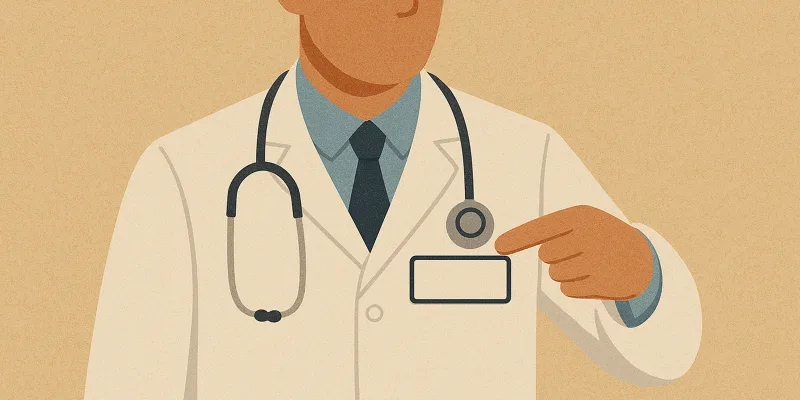
In a few weeks, this year’s interview season will come to a close. After making it this far, most applicants will have eschewed the nagging question of “Will I match?” for the now more salient question of “Where will I match?” And with that, those expecting to enter residency in 2019 have gained an entirely new set of anxieties.
“Is there anything I can do now that will help my chances?"
Recognize that the answer to this question is highly variable and program specific. It is probably safe to say that whatever actions you do or do not take between now and Match Day have a far greater likelihood of doing absolutely nothing than actually helping or hurting your chances. And since there is a very obvious and short list of unforgivable actions that could hurt your chances, I say there’s no harm in trying.
“To second visit, or not to second visit?”
This is a polarizing topic, not least of all because the National Resident Matching Program (NRMP) Code of Conduct explicitly forbids the implication that visiting rotations and/or second visits are used in determining an applicant’s rank. (For good reason. Not everyone can afford the time or cost of these endeavors.)
To me, this rule means that you don’t score points simply for showing up for a second visit. But it does not mandate that exceptional poise during a second visit must go unnoticed. Conversely, a mature email to the program director (PD) explaining that you would love to visit the program again, but cannot due to financial or scheduling constraints, may prove just as effective. In other words, your mileage may vary.
For those planning to do second visits and wondering what to expect, I can offer one comment from my own experience: they were uniformly stress-free. They involved arriving early, rounding with one of teams, attending didactic conferences, going to the OR to observe, and meeting with the PD and/or chair of the department. I usually left around 2 p.m. after seeing what I needed to see and speaking with whomever was available. For what it’s worth, I thought it was helpful in making my final rank list and I matched at a program that I visited after the interview.
“Should I tell my no. 1 they are my No. 1? What do I say to my No. 2?”
In a perfect world, no one would worry about post-interview communication and “committing” to a program wouldn’t carry any weight at all. But the reality is that there is no avoiding the psychology and motivations of individuals in a process that is much more a traditional job interview than a lottery. So, while there is no use in trying to predict the consequences proffering one’s own preferences, it is typical practice to do so.
The real difficulty comes down to what (or if) one should communicate to one’s other top choices, once No. 1 is determined. I would argue that maintaining radio silence might not hurt you, but saying “I would feel privileged to match at your program and intend to rank it No. 2” would probably be a little off-putting. Just be humble, straightforward and honest, and do not tell more than one program that you intend to rank them No. 1. If you approach your communications with the intent of building/maintaining your professional connections you cannot go wrong.
“What does it mean if I get a phone call from a PD or chair? Should I worry if I don’t hear from anyone?”
Not every program engages in post-interview communications. Some will explicitly say that they don’t, while others may not indicate either way. That being said, in a world of immense ambiguity, if you receive a phone call you can bank on that being a positive indicator. The negative predictive value, if you will, is harder to pin down. If you are applying to a competitive specialty with few available spots and you don’t receive a phone call, it likely bodes less favorably than if you are applying to a program with many PGY1 spots. In the end, don’t stress about this; direct communication might give you a hint of where you may end up, but it guarantees nothing.
“I can’t decide between my top 5 choices, I like them all!”
You are not alone. See my recent article titled "A Foolproof Guide to Making a Rank List" for some pointers and a link to a spreadsheet that I used to make my final rank list.
“Ok, so I’m fairly confident I’m going to Match. What should I be studying to be a super-intern on Day 1?”
No book-learnin’ can prepare you for the transition from having near-zero responsibility to having real responsibility for patient care. There are simply too many variables: from EMR and institutional idiosyncrasies to highly inconstant levels of expectations that are rotation-dependent. Just enjoy the final vestiges of freedom that you have, and get ready for one hell of ride.
You've got this.
Dr. David Kurland is currently a PGY-1 resident in the Department of Neurosurgery at the NYU School of Medicine in Manhattan. He was born and raised in Baltimore, MD. You can connect with him on Twitter and Instagram.
Dr. Kurland is a 2018–19 Doximity Author.







